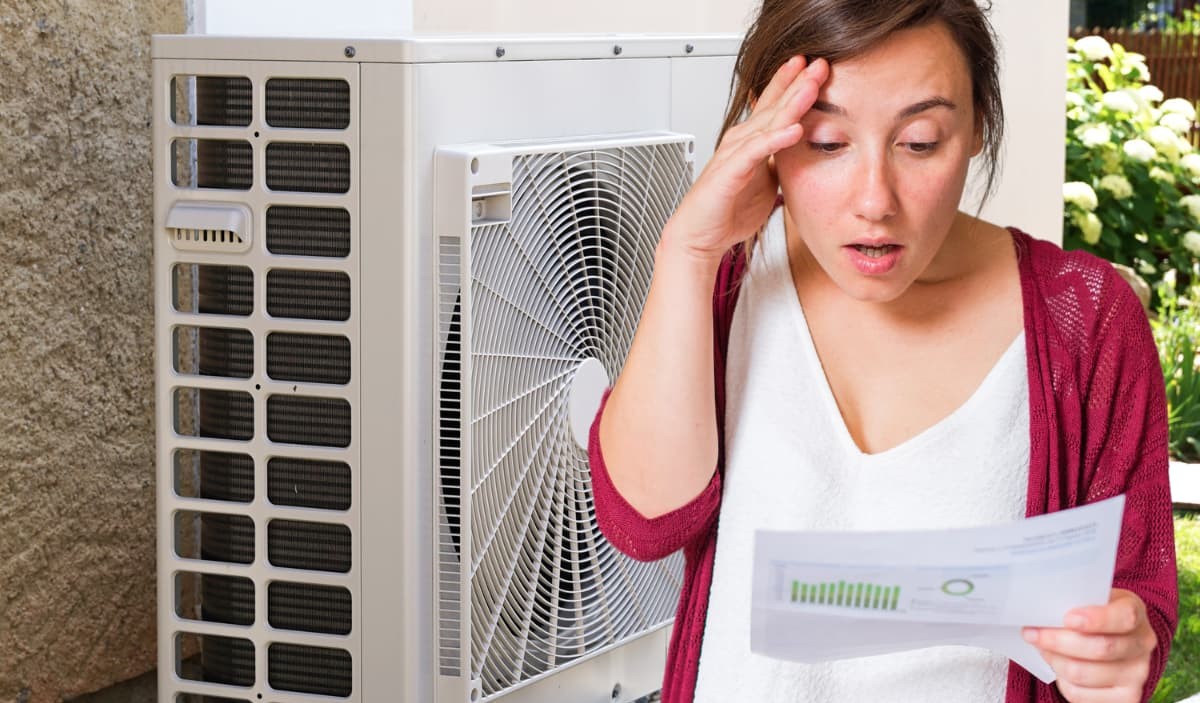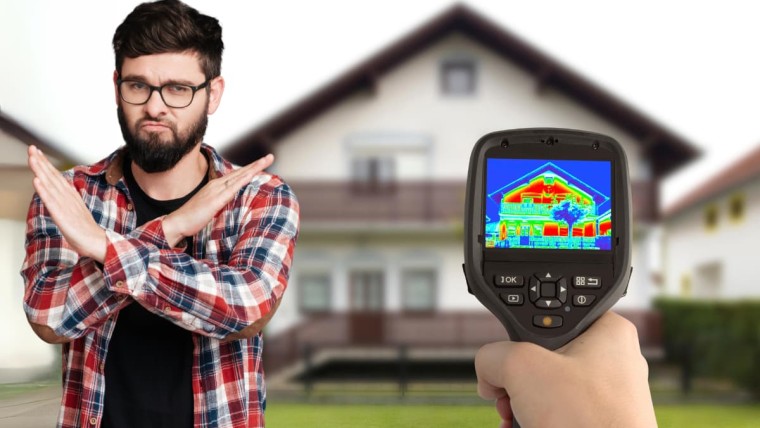Does your heat pump run 24/7? If so, you could be wasting energy and money without even realizing it. In fact, continuous use of your heat pump can have a significant impact on your electricity bill. But how do you know if your heat pump is working harder than it should?
And above all, how can you optimize its use to save money? In this article, we'll start by helping you to understanding how a heat pump works.
Next, we'll look at the potentially costly consequences of continued use of your equipment. Finally, we'll give you tips on how to optimize the use of your heat pump and save energy and money in the process. Get ready to discover information that could well change the way you use your heat pump!
Understanding how a heat pump works
A heat pump is a system that transfers thermal energy from one medium to another, generally from the outside to the inside of your home. It works by harnessing the heat in the air, ground or water, then distributing it throughout your home.
The heat pump is a highly efficient piece of equipment, because for every 1 kWh of electricity consumed, it can produce up to 3 or 4 kWh of heat (sometimes even more, depending on the model).
However, its efficiency depends on many factors, including the outside temperature and the level of insulation in your home. If your heat pump runs continuously, this doesn't necessarily mean it's more efficient.
On the contrary, 24/7 use can lead to over-consumption of energy, and therefore higher electricity bills.
The consequences of continuous use of your heat pump
A continuous use of your heat pump can have a significant impact on your electricity bill.
A heat pump works by extracting heat from the outside air and transferring it inside your home.
When it's running 24/7, it consumes a lot of energy, which can lead to a rise in your electricity bill.
Excessive use can also shorten the life of your equipment. In fact, like any other appliance, a heat pump needs rest periods to maintain its efficiency and longevity.
Finally, continuous use can also lead to overheating of the device, which can cause breakdowns and necessitate costly repairs.
Causes of a continuously running heat pump
If your heat pump is running continuously, it could be due to a number of factors, each requiring specific attention to ensure the efficiency and durability of your system. Here are the main reasons why your heat pump might be running 24/7:
1. Oversizing or undersizing the unit :
An undersized unit will work constantly to reach the desired temperature, while an oversized unit will perform frequent on/off cycles, increasing its energy consumption. It's crucial to choose a heat pump that's right for the size and specific needs of your home.
2. Lack of maintenance :
Neglected maintenance can lead to a drop in the efficiency of your heat pump. Clogged filters, lack of refrigerant, or component problems can all contribute to continuous use.
3. Insufficient insulation :
A poorly insulated house loses heat, forcing the heat pump to run more frequently to maintain a comfortable temperature. Make sure your home is well insulated to avoid heat loss.
4. Thermostat problems :
A faulty or incorrectly set thermostat can cause your heat pump to run non-stop. Check that your thermostat is working properly and that it is programmed according to your needs.
5. Extreme weather conditions :
During periods of intense cold, your heat pump may need to run more often to compensate for heat loss. However, if this condition is permanent, it could indicate an efficiency or insulation problem.
6. Ageing equipment :
Over time, the performance of heat pumps can diminish. If your equipment is old, it may have to run longer to reach the efficiency of a newer unit.
How to optimize the use of your heat pump to save energy and money
Careful management of your system can significantly reduce your energy consumption and, consequently, your environmental impact. Here's how you can do it:
- Regular maintenance : The key to an efficient heat pump lies in its maintenance. Periodic servicing by a professional can prevent breakdowns, guarantee optimum performance and extend the life of your unit. It's not just an investment in equipment longevity, but also a way of ensuring that it operates as energy-efficiently as possible.
- Programmable thermostat : Adopting a programmable thermostat is a smart way to control your energy consumption. By adjusting the temperature of your home according to your lifestyle, you avoid unnecessary operation of the heat pump, thus reducing energy consumption and associated costs.
- High-performance insulation: The efficiency of a heat pump is directly influenced by the insulation of your home. Proper insulation minimizes heat loss, enabling your system to operate at optimum efficiency. Investing in good insulation is essential to enable your heat pump to maintain thermal comfort without over-consuming energy.
Perhaps you're wondering if there's more to discover? The answer is a resounding yes! There's still a lot to learn about heat pumps and how to optimize their use.
So stay tuned for our next article where we'll dive deeper into the technical details and tips for maximizing the efficiency of your heat pump. You might be surprised how much you can save!

Julien G.
Juliena mechanical engineering graduate and specialist in climate engineering since 2009, has become a writer specializing in renewable energies, with expertise in heat pumps and photovoltaic solar panels for individual housing.
See all articles by this author






